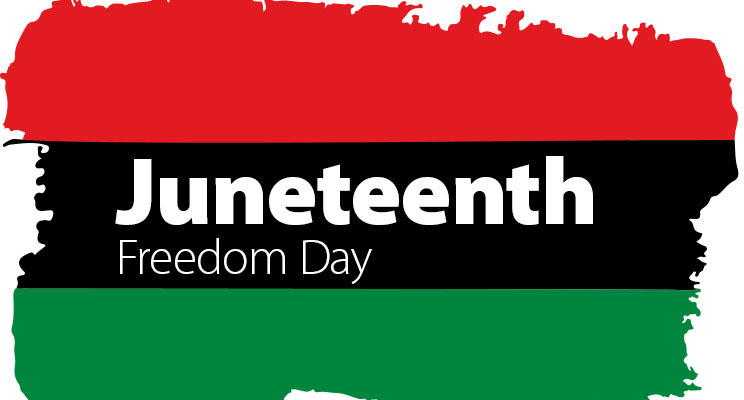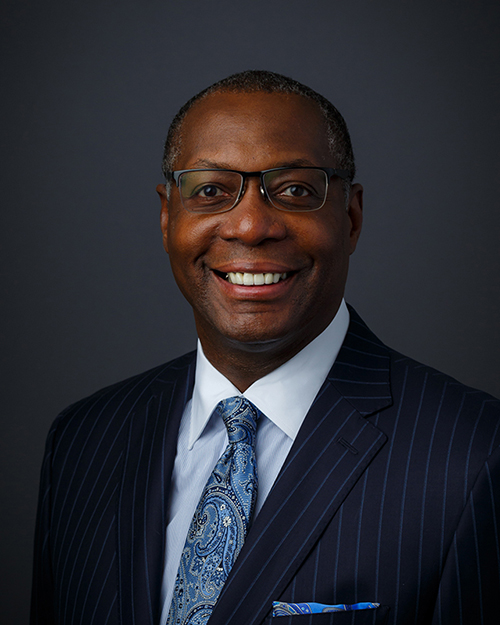 |
Cardinal Health Latest News

06/07/2021
By Victor Crawford, CEO of the Pharmaceutical Segment at Cardinal Health

This Saturday, we celebrate Juneteenth (“June” plus “nineteenth”), a commemoration of the day enslaved people in Texas learned they were free. Juneteenth – also referred to as Jubilee Day, Freedom Day, Liberation Day, or Emancipation Day – is recognized as a holiday in 47 states across the country. This week, the U.S. Senate and the House of Representatives voted to make Juneteenth a federal holiday, and today, President Joe Biden signed the Juneteenth National Independence Day Act into law.
Juneteenth observes June 19, 1865, when federal troops arrived in Galveston, Texas, to ensure that all 250,000 enslaved people in the state were freed. This was a full 2½ years after President Abraham Lincoln issued the Emancipation Proclamation on Jan. 1, 1863, which declared that all enslaved people in Confederate states were free.
Though Texas was a Confederate state, it didn’t have a large presence of Union soldiers or any major Civil War battles, so slavery continued. In fact, many slaveowners from other Confederate states moved to Texas with their slaves.
In December 1865, six months after the declaration of the end of the Civil War, Congress ratified the 13th Amendment, which states that “Neither slavery nor involuntary servitude, except as a punishment for crime whereof the party shall have been duly convicted, shall exist within the United States, or any place subject to their jurisdiction.”
The first Juneteenth was in 1866, when freed slaves finally celebrated their independence.
Early celebrations featured family and church gatherings, food and prayer. Today, communities across the U.S. commemorate Juneteenth with street fairs, parades, historical reenactments and readings from the works of noted African American authors like Maya Angelou, Ralph Ellison, Toni Morrison and Colson Whitehead.
Each year on Juneteenth, my own family and I take time to honor all those who have come before us and faced so much racism and bigotry in the fight for their equality and ultimately, for ours.
This year in honor of Juneteenth, I am challenging Cardinal Health employees to take the time to do some research about Juneteenth specifically, or about Black history generally. I’ve asked them to share what they learn with someone else – a colleague, a family member or friend – and engage in an honest, open and vulnerable conversation about it.
I’d like to challenge you to do the same. Because as difficult as it can be, it’s only through learning and honest dialogue about race that we can truly move toward a society that is free from social injustice.
Below are a few resources that I’ve found helpful in my own learning about Juneteenth, the history of enslaved people and the ongoing struggles for justice and equality:
- The Equal Justice Initiative provides a brief history of Juneteenth and a powerful video called The Legacy of Racial Injustice, here.
- The New York Public Library has published a Juneteenth reading list, which includes books for adults, teenagers and children.
- The National Museum of African American History & Culture offers a variety of stories, blog posts and virtual events celebrating Juneteenth.
As a country, we are still just scratching the surface as we grapple with our past. The killings of George Floyd, Brionna Taylor and too many other Black Americans, as well as the disproportionate impact of the COVID-19 pandemic on people of color, have shone a bright light on the inequities and discrimination that the descendants of enslaved people continue to face.
As we celebrate Juneteenth this year, we must reflect on our past and reckon with the racial inequities that endure. We must commit to engaging in meaningful dialogue about our history of slavery and its ongoing systemic consequences, openly and honestly. Acknowledging the truth of our past is difficult and painful. But it is the only way can we truly heal and begin to make significant progress toward a more just, equitable and compassionate society.
Victor Crawford is the CEO of Cardinal Health’s Pharmaceutical segment, which distributes brand and generic pharmaceutical, specialty pharmaceutical and over-the-counter healthcare and consumer products. In addition, the Pharmaceutical segment provides services to support the development of these products to pharmaceutical manufacturers and healthcare providers across the country. He also serves on the board of directors of several publicly traded companies and nonprofit organizations, including the Hershey Company, Thomas Jefferson University, the National Urban League and Pelotonia.
